Informações
Sinopse:
Duração: 01h27m
Data de lançamento: 19 de dezembro de 1958
Genêros: Comédia, Romance.
(8 votos)
?
?
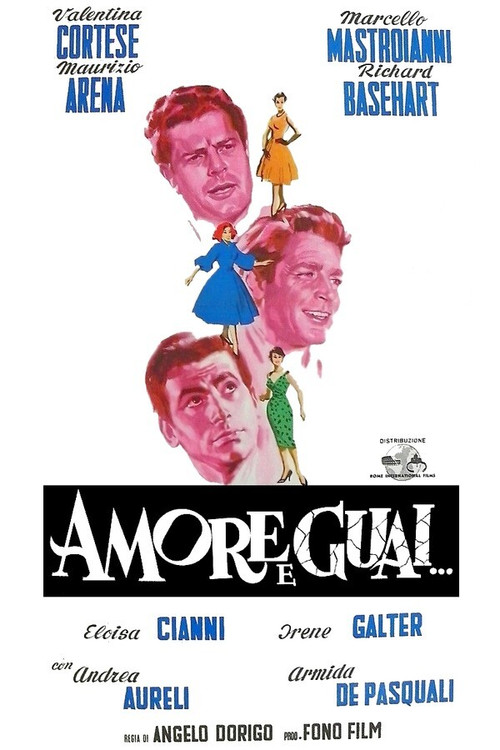
Sinopse:
Duração: 01h27m
Data de lançamento: 19 de dezembro de 1958
Genêros: Comédia, Romance.
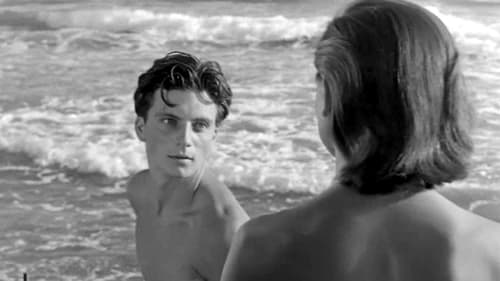
The plot weaves several episodes with several groups of people, Roman families, youth gangs and young love couples, who spend a Sunday at the beach of Ostia.

Erbarme dich - Matthäus Passion Stories is a labyrinthine narrative in which notables such as Peter Sellars, Emio Greco, Simon Halsey and painter Rinke Nijburg explain their special relationship with Bach’s St Matthew Passion to Ramón Gieling (Johan Cruijff: en un momento dado). They speak against the backdrop of a church which has fallen into disrepair, while a choir of homeless people and Pieter Jan Leusink’s Bach Choir & Orchestra rehearse the Passion. Leusink isn't just the conductor, he is one of the main characters himself, with a painful past in which this musical piece has played a dominant role. Stories from the others alternate seamlessly with this. We learn how the St Matthew Passion played a decisive role in the relations between men and women, fathers and sons, fathers and daughters, mothers and their unborn children, and finally that in spite of our differences we all find a common denominator in the secret of Bach's music.
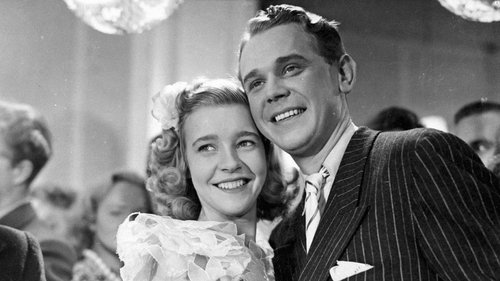
Inga Danell's summer vacation is near. But unfortunately both Inga and her brother Acke have bad grades and are forced to study by the help of a tutor.
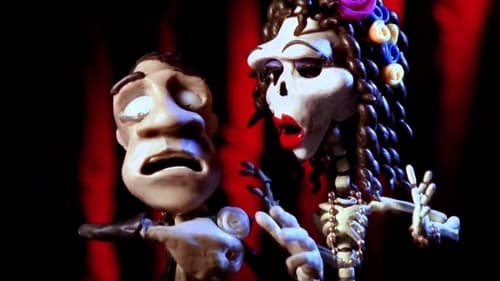
A man is wrongfully buried alive, and starts to descend to the Underworld.

"1895" tells the story of the resistance against the Japanese invasion in 1895.

A former special forces soldier becomes a one-man army when his wife and daughter are taken hostage during a bank robbery.

Mosaic, an urban sketch artist suffering from motor neurone disease, meets an old school friend, Angelfish, at a class reunion. As his illness takes a tragic hold, he asks her to fulfil one wish - to be his girlfriend for just a day.
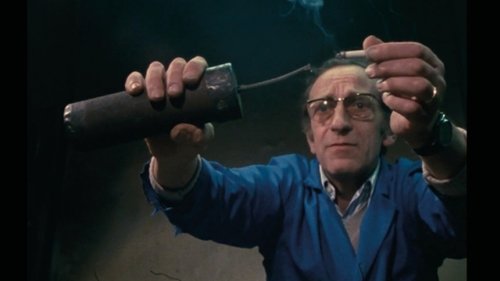
Not just another documentary on the French resistance movement, this film focuses on one particular group of underground fighters in France: those from Eastern Europe. Many were Jews and all had fled their native countries before the war broke out. They were among the most staunch and fearless enemies of fascism, as shown here in personal interviews and memoirs of war-time experiences. But the most famous of these immigrants were 23 who were rounded up among several hundred Parisians in 1943, tried for their activities, and executed -- all were immigrants under the leadership of the Armenian poet Manouchian. After their execution, Paris was papered with posters decrying these 23 martyrs as "foreign communists."